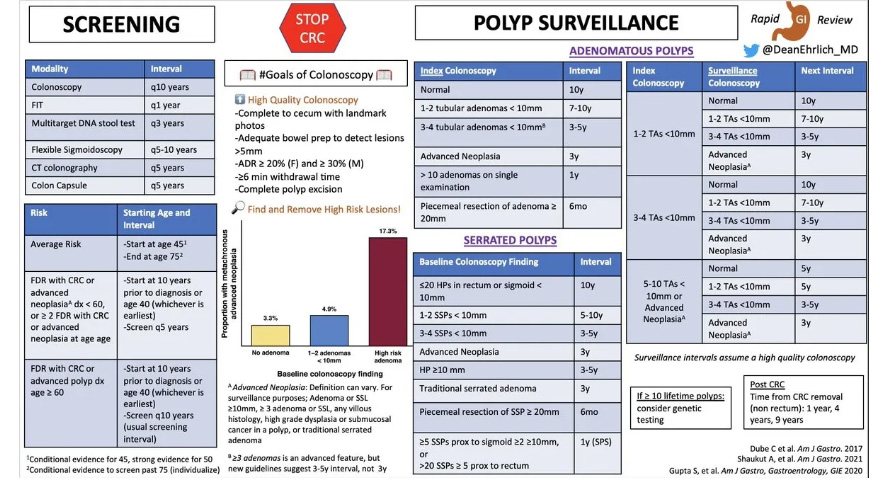A study conducted by Dr. Lisandro Pereyra from the Department of Gastroenterology at Hospital Alemán in Buenos Aires, Argentina. The study, published in the Journal of Clinical Gastroenterology, evaluated the reliability of ChatGPT in providing information on colorectal cancer (CRC) screening and surveillance.
Key points of the article include:
Study Findings on ChatGPT’s Performance: The study used 10 clinical vignettes to assess ChatGPT’s responses, which were found to be often inconsistent and inadequate regarding CRC screening and surveillance. It is important to note that the latest version of ChatGPT was not used in this study, and no ‘fine-tuning’ attempts were made to improve the AI model’s performance.
Potential of AI in Colorectal Cancer Screening: Despite the current limitations, the study acknowledges the potential of advanced AI technology in detecting and monitoring colorectal cancer. The researchers hope that AI can lead to more accurate and efficient screening methods in the future.
Alternatives for CRC Screening Advice: The study suggests that until AI models like ChatGPT are further refined, validated mobile apps with decision-making algorithms could be more reliable for providing CRC screening and surveillance advice.
Future of AI in Health Advice: The study highlights the need for further development and refinement of AI models to ensure they provide accurate, reliable, and consistent health advice. The potential of AI in healthcare is vast, but there is still a long way to go before AI can be fully trusted for reliable health advice.
In conclusion, the study raises concerns about the current reliability of ChatGPT in providing CRC screening advice but also emphasizes the significant potential of AI in healthcare. As AI models continue to evolve, they may become invaluable tools in disease detection and patient care.



